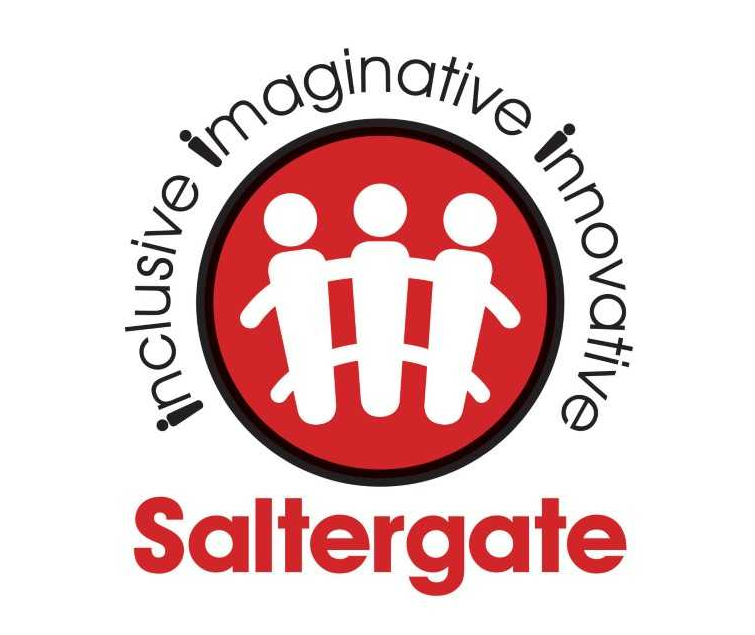Religious Education
Subject Overview
The North Yorkshire Agreed Syllabus underpins the RE taught throughout Saltergate. The principal aim is to:
Engage pupils in systematic enquiry into significant human questions which religion and world views address, so that they can develop the understanding and skills needed to appreciate and appraise varied responses to these questions, as well as develop responses of their own.
The curriculum for RE aims to ensure that all pupils know about and understand a range of religions and world views including Christianity and other principal religions represented in Britain, smaller religious communities and non-religious world views such as Humanism. It is important that children are aware of the diverse religious beliefs in North Yorkshire, and they will learn how people express their beliefs and how their beliefs influence how people live their lives.
EYFS
Religious Educations sits very firmly within the areas of ‘personal, social and emotional development’ and ‘understanding the world’. Children will begin to understand and value differences of individuals and groups within their community through learning about special people, books, places, objects and by learning about places of worship. An introduction to sacred texts enables the children to listen and talk about religious stories and why there are special. Celebrations, festivals and special places are explored and discussed.
KS1
In KS1, children build on their knowledge about Christianity and other faiths as they develop their growing sense of self, their own community and their place within it. They will study Christianity and Jewish people in depth by answering key questions such as ‘Who is a Christian and what they believe?’, ‘Who is Jewish and what do they believe?’ and ‘How should we care for others and the world, and why does it matter?’ Children will discuss how some places are sacred and how different faiths celebrate special and sacred times. Songs, creativity and stories from sacred texts feature in the KS1 units. Religious artefacts are explored and visits to places of worship are undertaken where possible. Friends and families of children are always made to feel welcome when they share their own religious beliefs and practice with the children in school.
KS2
Children extend their knowledge and world views and are encouraged to be curious and ask increasingly challenging questions about religion, beliefs, values and human life. Key questions in KS2 include ‘What does it mean to be a Christian in Britain today?’, ‘What does it mean to be a Hindu in Britain today?’ and ‘What does it mean to be a Muslim in Britain today?’ Beliefs through arts and architecture are explored, and children also share their thoughts and ideas about the role religions may play when life gets hard. Visitors, friends and family members are welcomed into school to share their beliefs and practices with the children.
